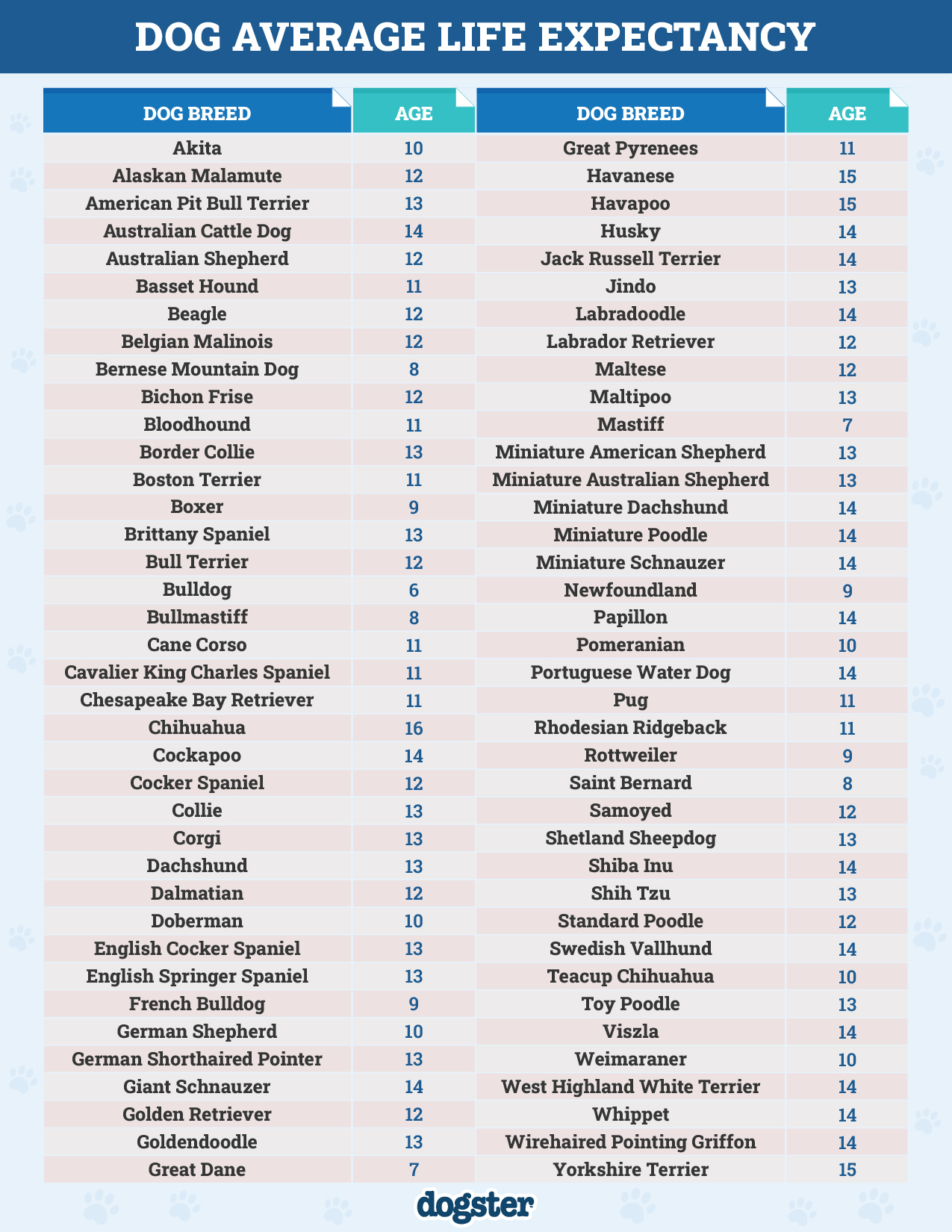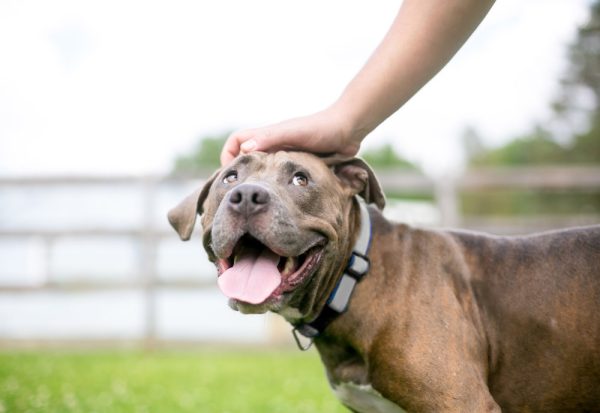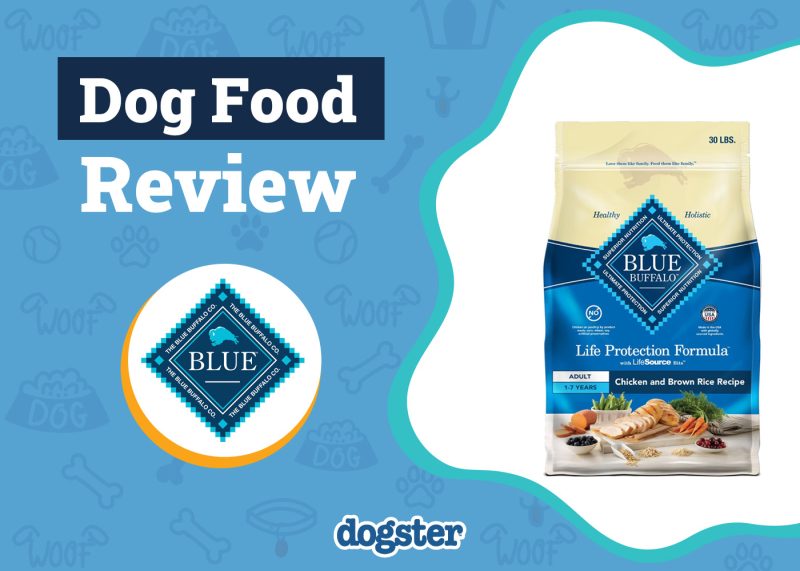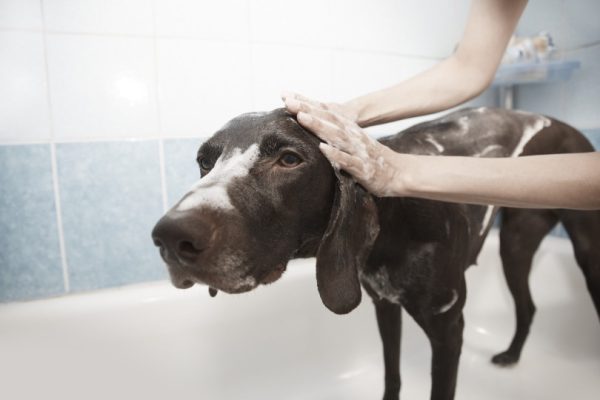In this article
View 3 More +Some people consider it important to consider a dog’s expected lifespan whenever they are thinking about getting a new pet. The primary reason is so that they have a reasonable expectation of the duration of their tasks and responsibilities regarding pet care.
If you’re thinking about getting a Labradoodle, you’ll quickly discover what wonderful pets they can be. It’s hardly surprising that Labradoodles are one of the most loved pets because of their intelligent, affectionate, and fun-loving personalities.
The average Labradoodle lifespan is presumably about 12–14 years, though the lack of studies specifically looking at the age of Labradoodles makes this somewhat difficult to predict. It is definitely possible that they may live longer, as crossbred dogs have been reported as reaching ages of around 19 in longevity studies.
We’ll discuss those factors that affect longevity, and with this knowledge in hand, you can provide your Labradoodle with the best possible life.

What’s the Average Labradoodle Lifespan?
A Labradoodle can live approximately 12 to 14 years, and where each dog is likely to fall on this scale depends on various factors. Poodles and Labrador Retrievers typically live about 12–14 years, and as such, you may anticipate a standard Labradoodle to live for around 12 years.
Toy and miniature Poodles live longer because smaller breeds usually have longer lifespans. Therefore, you might also think that if your Labradoodle is mixed with a toy or miniature Poodle, they could live more than 12 years.
However, the lifespan of a crossbred dog isn’t accurate when predicted in this way. There are many variables at play when it comes to a dog’s lifespan. Broadly speaking, crossbred dogs tend to live longer than purebred dogs, and it’s definitely within the realm of possibilities that a Labradoodle will exceed the life expectancy of both a Labrador and a Poodle (standard, miniature, or toy).
An extensive study that examined canine longevity found that the average lifespan of over 6,500 crossbred dogs in the study was just shy of 12 years1. However, the same study showed that the maximum reported age of a crossbred dog is 19. As such, it’s very difficult to pinpoint the precise age a Labradoodle would live to.


Why Do Some Labradoodles Live Longer Than Others?
Genetics are the most significant factor in determining the potential lifespan of a Labradoodle (and any dog, for that matter). However, though a dog’s potential lifespan is determined by their genetics, whether or not they can attain that depends on many factors with regards to their environment, exposure to risks, and overall care.
1. Nutrition
A Labradoodle’s nutritional needs change throughout their life and depend on factors such as their activity level, sex, reproductive status, health status, and medical conditions (if any). Most healthy pets seem to do well on commercial diets intended for their life stage.
There are several commercial brands on the market, with each type having its pros and cons. As such, the best advice is to discuss your pet’s nutritional needs with a veterinarian to ascertain which option would be best for them.
If you need to speak with a vet but can't get to one, head over to PangoVet. It's our online service where you can talk to a vet online and get the personalized advice you need for your pet — all at an affordable price!

2. Specific Cross
As is the case with all crossbred dogs, the specific cross can definitely impact the overall health of the puppy that the cross produces.
In general, Labradoodles are mixed with standard Poodles, which means they are classified as medium-sized dogs but can be bigger or smaller. Some theories suggest that if your Labradoodle has a mini Poodle parent, they are likely to live longer. However, this hasn’t been proven in scientific studies involving this specific crossbreed.

3. Environmental Factors
Many factors involving the environment your dog is raised in can have an impact on their lifespan. For example, excessive exposure to sunlight can pose a risk for certain cancers in dogs and as such, a dog that’s always exposed to the sun (such as one housed outdoors) might be at a greater risk for the development of such cancers.
In addition, the environment may also pose risks with regard to toxins, accidents, extreme weather, or unexpected natural disasters.
4. Exercise
Adequate exercise should never be overlooked, especially in an active breed like a Labradoodle. It helps keep them mentally and physically stimulated and is vital for their overall health. Regular exercise is essential for weight maintenance and the prevention of obesity, which can lead to more severe health issues.
5. Healthcare
Your Labradoodle should have a checkup with the vet at least once a year, and you should keep up with their vaccine schedule to help prevent any disease or conditions. Healthcare also includes treatment for parasites such as fleas and ticks and treatment for worms, which are also prescribed by your veterinarian.
Broadly speaking, the sooner your dog receives medical intervention for an ailment, condition, or disease, the better their odds of making a successful and complete recovery.

The 4 Life Stages of a Labradoodle
Puppy
A Labradoodle is considered a puppy from birth until they are about 12–16 weeks old (approximately 3 to 4 months old). A puppy is often completely weaned by the time they are 12 weeks old, but some puppies (such as those who were born exceptionally weak) may take longer to be completely weaned.
Juvenile
Labradoodles are considered juveniles from the age of about 4 months to up to 1.5 years on average. Depending on the parental cross, the onset of adulthood can happen at any point between the ages of 12 and 24 months (1 to 2 years).
Adult
A Labradoodle is considered an adult when they are physically nearly completely developed and sexually mature. This happens anywhere between the ages of 1 and 1.5 years or, in exceptional circumstances, may take up to 2 years. However, complete maturation continues to happen even after sexual maturity in almost all dogs.
The generally accepted range of adulthood is considered to last till a dog reaches the age of 7–9.
Senior
Labradoodles are considered seniors at any point between the ages of 7 and 9 (there’s no set consensus on the onset of seniority in crossbred dogs). A senior dog often has different nutritional requirements than an adult dog. They also have more frequent requirements for welfare veterinary checkups (once every 6 months).


How to Tell Your Labradoodle’s Age
If you adopt a Labradoodle from a shelter and are unsure of their exact age, your veterinarian can approximate your Labradoodle’s age by examining various body parts, specifically their dentition. However, in most instances, your veterinarian may only be able to give you an approximation of their age, especially if the dog in question is already an adult.


Conclusion
The average Labradoodle lifespan is estimated to be around 12–14 years. However, many factors can reduce or increase this lifespan. You can help your Labradoodle live a long, healthy, and happy life by giving them a balanced diet, frequent exercise, and routine veterinary care.
That being said, the true age of a crossbred individual is very difficult to ascertain and is currently not well-established in literature. As such, the guidelines for a Labradoodle’s longevity are approximations and not necessarily a reflection of reality.
See also:
Featured Image Credit: EvgeniiAnd, Shutterstock
























2 Responses
our doodle has been groaning a lot and seems to have a slightly nelarge stomach. The vet so far cannot find anything wrong with him. We have tried a myriad of remedies including ear flushing, probiotoc, CBD oil for dogs, antacid. He is on a gigh quality dog food. Any other ideas?
Hello Lesly,
Thank you for your message, although I am very sorry to hear about your dog's issues. At this point the second opinion from a veterinarian would be the best option since your questions are very specific. Please head to PangoVet.com and book a video-call with one of our veterinarians at your convenience.